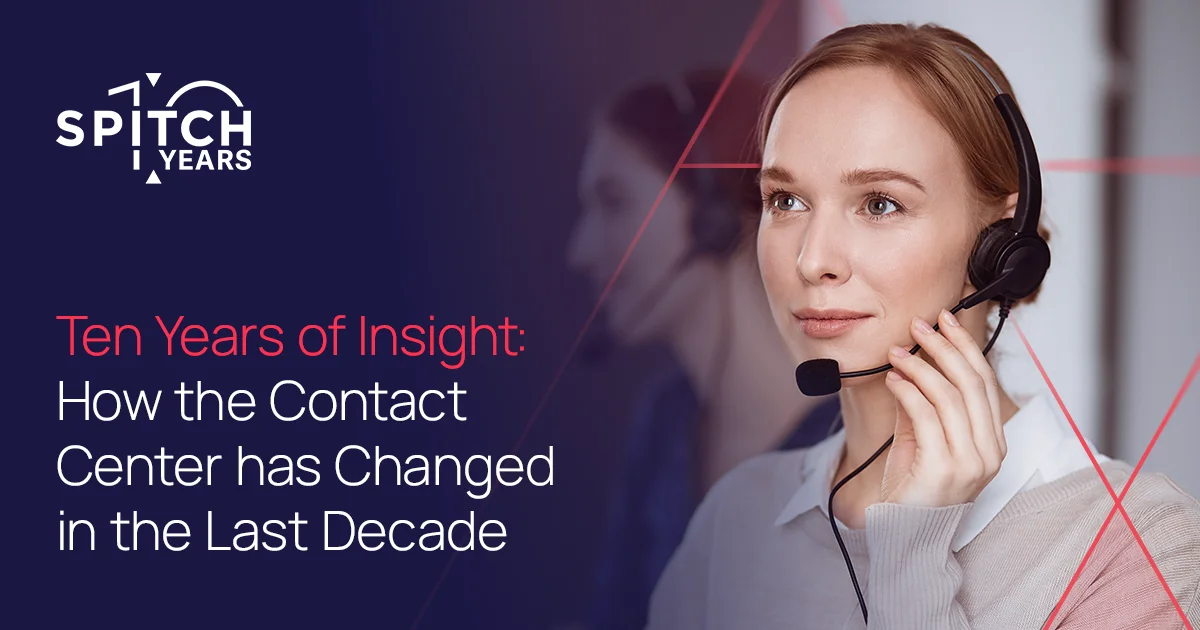Spitch Blog
Bleiben Sie über die neuesten Trends in der Spracherkennung und der konversationellen KI informiert
Hervorgehobener Blog
Am beliebtesten Blogs
Das Neueste auf dem Spitch-Blog
Durchsuchen Sie Blogbeiträge nach Themen
- alle Blogs
- Artikel
- Gedankenführung
- Bewährte Praktiken und Empfehlungen
- Einblick in Spitch





